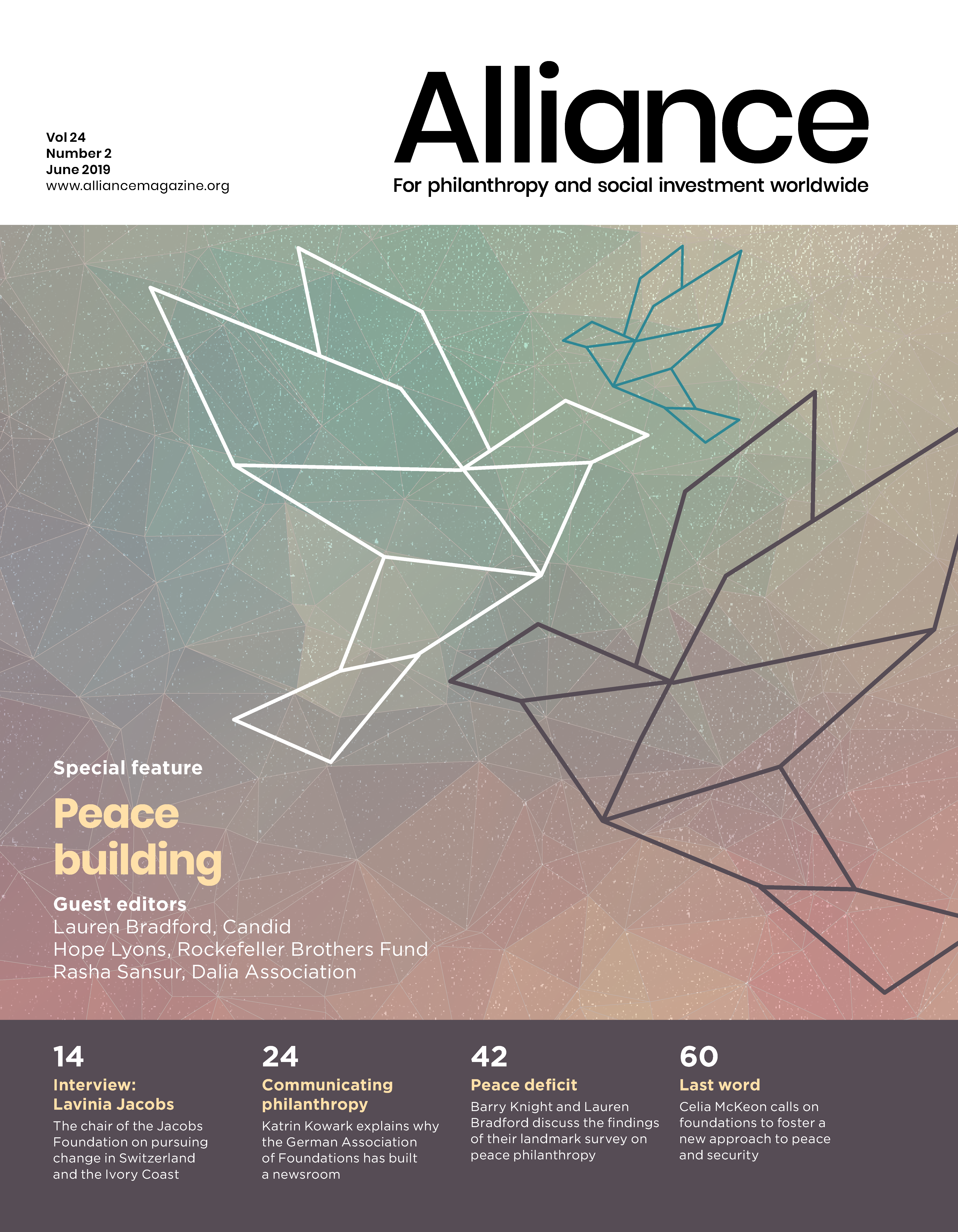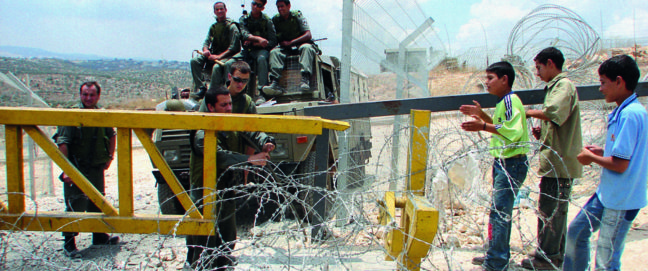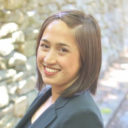Experience of the peace process in the Middle East has encouraged Palestinians to draw on their own resources, rather than relying on those from outside
If you go to a conference in Palestine, and one of the main speakers tells the Palestinians present that the goal of his or her organisation is to promote peace, you will see eyebrows raised, heads turning, feet shuffling. You will also hear some sceptical murmurs: Did they say peace? What do they mean ‘peace’?
Instead of waiting, and applying for a large grant from traditional donors to support food security, in the community philanthropy Al Ouneh model, people come together to support food sovereignty.
This is not surprising considering our experience. Peace talks with Israel have brought international aid but this aid is conditional. It does not allow us to set our own priorities and use our local resources and, while the peace talks charade continues, Israel has vigorously continued its colonial project: building settlements, grabbing land, spreading terror and violence. As a result of this peace industry and conditional aid, we have suffered the effects of a captive economy as fluctuating diplomatic relations affect the flow of this aid, resulting in budget cuts and job losses.
With this in mind, the Dalia Association was established in 2007, to create an alternative model to this conditional philanthropy, and mobilise people and the local resources for their own development. This model which uses participatory grantmaking, is proving to be successful. It has gained wide acceptance among Palestinians as they believe it contributes to their development, and their priorities. In fact, it has resuscitated our indigenous aid system known as Al Ouneh. This is on a much smaller scale than traditional aid, but the difference and impact are tangible.
Instead of competing over funding as is the case with traditional aid, people are coming together, using their local resources to provide themselves with income.
Instead of waiting, and applying for a large grant from traditional donors to support food security, in the community philanthropy Al Ouneh model, people come together to support food sovereignty, buying their crops from community-supported farms. The difference between the local and the international aid model is symbolised in these terms. There is a huge difference between food security and food sovereignty. The first suggests that food should be provided in packages, perhaps from farmers forced to adopt mono-cropping methods, with seeds given to them by international donors. Food sovereignty, on the other hand, ensures ownership and variety of produce from season to season and protects indigenous seeds, while ensuring the local population benefits from the crops and maintains its culinary culture.
Instead of competing over funding as is the case with traditional aid, people are coming together, using their local resources to provide themselves with income. In the Jordan Valley, women are collecting honey and reshaping copper from discarded fans into jewellery. Community philanthropy enables people to become active citizens, and at Dalia, we plant this seed with the young generation, who will grow up with the idea of identifying community needs and solutions.
As the peace talks continue without giving priority to allowing Palestinians to thrive, we at Dalia are actively advocating for our right to control our resources. This is what we call social justice.
Rasha Sansur: is communication and resource mobilisation officer of Dalia Association-Palestine.
Email: rashasansur@gmail.com
Twitter: @SansurRasha







Comments (0)